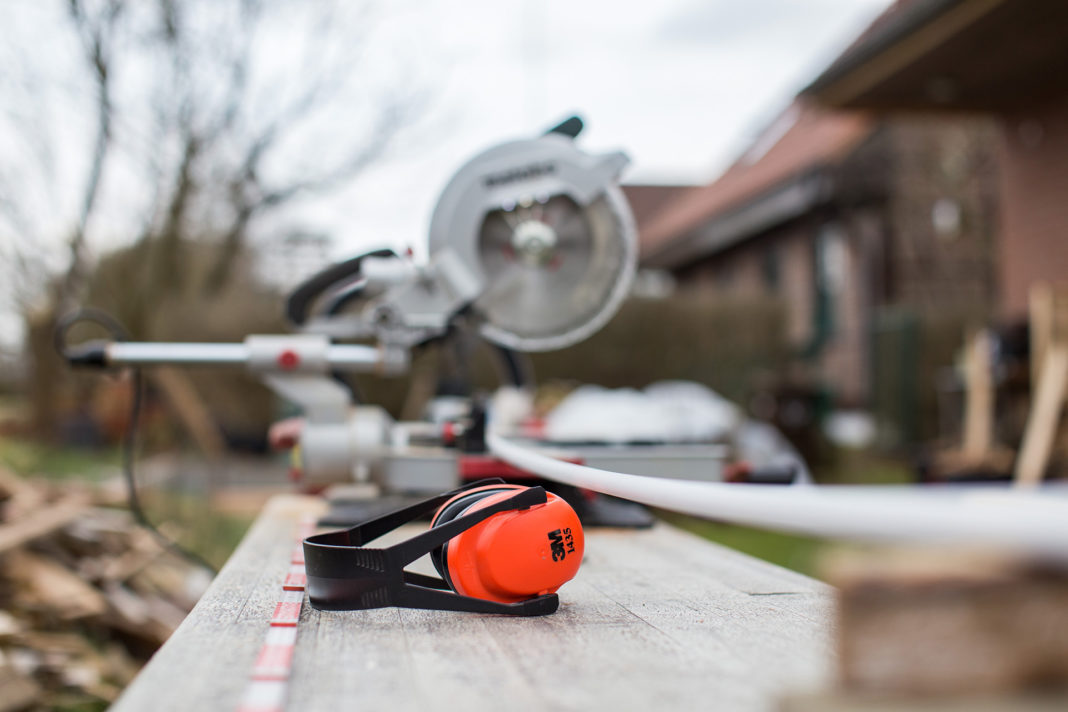The level of new apprentice registrations must rise from 1,700 to 4,000 by 2020 to deliver housing and infrastructure requirements.
Construction employment could rise to 213,000 by 2020 based on DKM and SOLAS analysis. However, Ireland’s economic recovery may be hampered by a potential skills shortage within the construction sector, if more is not done to attract people into and to develop those already in the industry.
The Construction Industry Federation addressed the Oireachtas Joint Committee on Education and Skills today, detailing the legacy issues faced by the industry as a result of a decade of stagnation and under investment.
These mounting challenges faced include the potential for foreign competitors to enter the Irish construction market to meet the increasing demand for labour.
Ireland faces the challenge of generating the 112,000 additional employees required up to 2020 to deliver the targets set out in both the housing strategy and the public capital programme.
‘We are facing an enormous challenge’
Dermot Carey, CIF Director of Safety and Training told the Oireachtas Joint Committee on Education and Skills:
“We are facing an enormous challenge. We’re here today with a very clear warning; there is an urgent need for Government and industry to collaborate in attracting more people into the industry and to invest in construction skills training. The alternative is that we will fail to meet these targets, our housing crisis will continue and our infrastructure deficit will stall economic progress. This is a huge threat to Ireland and the long-term capacity of the construction industry.”
“We need to address this by attracting people back into the industry from the live register, through our education system and by reaching out to those members of the diaspora with construction experience and upskilling our existing workforce. We also drastically need to address the apprenticeship system, to ensure that we have a steady stream of skilled employees to sustain the construction activity our economy and society requires.”
The Irish construction industry has been hiring at a rate of 1000 additional employees a month since 2013.
The construction sector is the principal industry sector in Ireland for the employment of apprentices. At its height, the sector employed nearly 27,000 (92%) of apprentices. Following the decline of the economy from 2008 onwards, this number fell to a low of circa 7,000 in 2013.
In 2016, the CIF launched an innovative, ‘Shared Apprenticeship Scheme’ in conjunction with SOLAS, which allowed a number of member companies to take on apprentices as part of a consortium. The scheme gave participating companies the ability to share apprentices with other members if the pace of work lessened, providing consistent training and work experience for the apprentices involved.
Four companies took part in the pilot scheme- Clancy Construction, Cleary-Doyle Construction, Anthony Neville Homes and Mythen Construction, taking on four apprentices between them.
Dermot Carey said: “Thanks to the recovery in the economy, the companies involved have not needed to share their apprentices, but nonetheless that safety net was there for these companies and it gave them the confidence to take on these apprentices once again.
“One of the companies had never taken on an apprentice before and they found it so beneficial that they started taking on apprentices in their own right also. The scheme is currently being rolled out across Ireland and while it is not going to be the only solution to the low numbers of apprentices that we are experiencing, it will certainly be part of the solution.”








